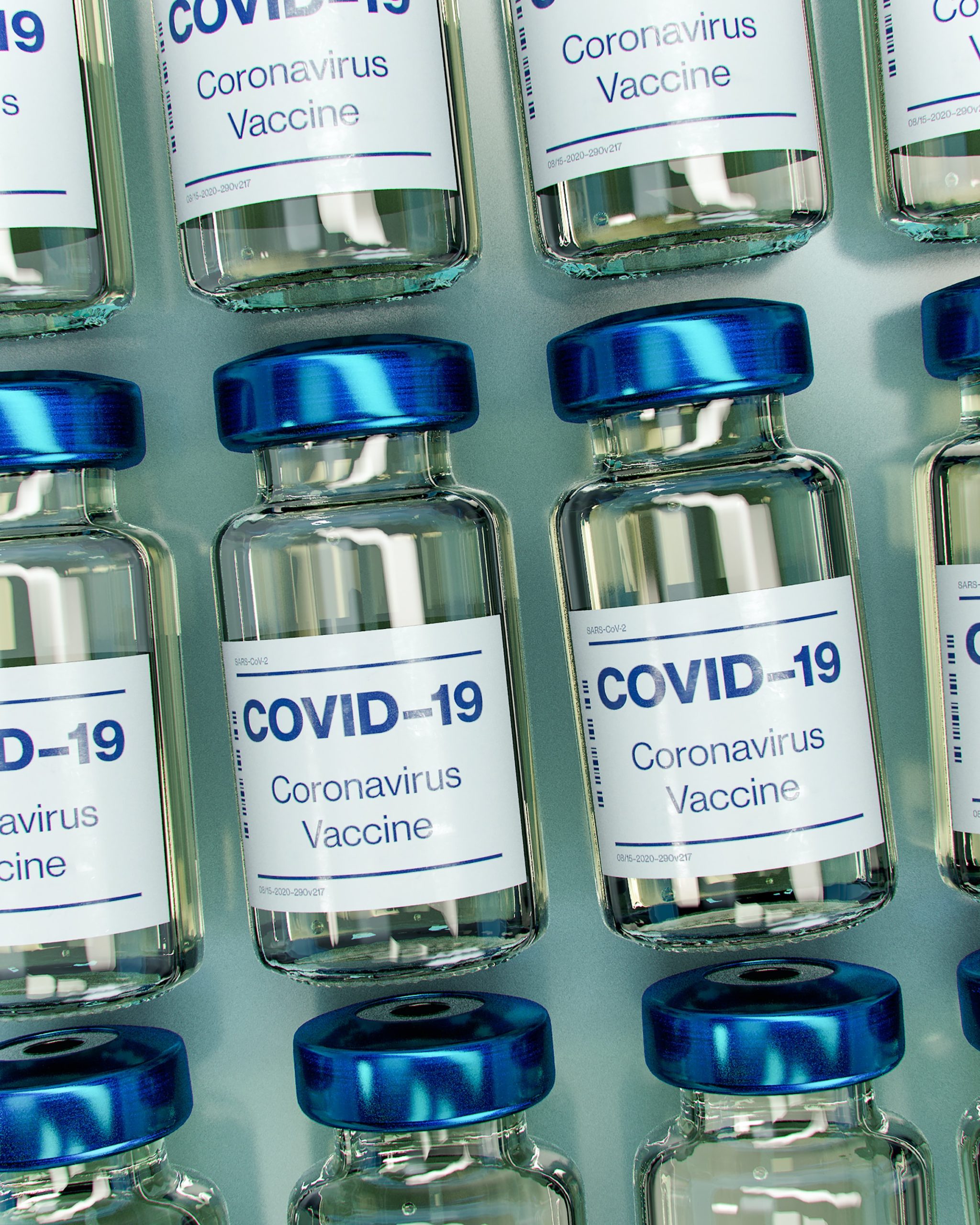It is unfathomable to imagine a world without the threat of the COVID-19 pandemic looming over our heads. Every time we experience a short sense of relief, a new variant emerges, resultantly dashing hopes of achieving normalcy. However, with the creation of the vaccine, a glimmer of hope appeared on the horizon. It suddenly seemed like the world could get back that sense of normalcy that most people never gave a second thought to. It was exhilarating- everyone around you getting vaccinated- restaurants and bars opening up, hospitals freeing up, and international travel resuming. However, disappointingly, a new variant of the virus has arrived on the scene- omicron. What is even more frustrating is that the new variant seems to bypass most of the protection offered by the vaccine, resulting in a wildfire-like spread. There are many factors that can account for this – the factor that this article will discuss is the vaccine hold-out by the Global North over the Global South. Supplementarily, it will discuss the travel bans that are disproportionately imposed upon African countries.
When the vaccines were created, every country immediately rushed to obtain a sufficient amount of doses for their citizens. Pfizer and Moderna reigned supreme, with AstraZeneca and Sinovac trailing a bit behind in terms of international support. It quickly became clear that developed countries, specifically affluent western countries such as Canada and the United States, had started monopolizing the vaccines– resulting in developing countries failing to have access to the ultimately life-saving medicine. Developed countries amassed vaccines in quantities far above their populations- rendering disastrous consequences for the future of the pandemic. These dire consequences can be explained utilizing the science behind the vaccines: Without immunization, viruses such as COVID-19 spread like wildfire while simultaneously mutating into more transmissible variants. The easiest way to resolve this problem is to inoculate as many people as possible- thereby creating herd immunity and effectively negating any possible host body the virus can thrive within. This process should have been attainable, with twelve billion vaccines expected to be manufactured by the end of 2021. However, due to the actions of the Global North- such as the monopolization of vaccines- low-income countries have only reached an average of 11% of partially vaccinated individuals, with the average being even lower for fully vaccinated individuals – allowing for the viruses to be both extremely transmissible and prone to high rates of mutation- fostering this new surge of the Omicron variant.
This new variant has thrown the world back into chaos, with travel bans being reinstated, schools being shut down, economies thrown into disarray, and infection rates shooting back up. The travel bans that disproportionately affect African countries are further showcasing the systemic racism that plagues the pandemic responses. Omicron was first identified due to South Africa’s advanced testing, contact tracing, and infectious diseases response. While the global community should be commending South Africa for their rapid response and honesty, they, along with other African countries, were instead punished with travel bans to Europe and the United States. However, countries in Europe experiencing comparable rates of Omicron transmissions saw no such restrictions on their citizens- highlighting the unfair nature of the Global North’s behavior and response to this pandemic. Without accountability, this pandemic will continue to disproportionately affect low-income countries and their citizens due to the actions of the Global North. While it continues to impede and frustrate people worldwide, there is still hope for the future of this pandemic. Even though the Omicron variant has started to peak in some countries, with many people having contracted and recovered from the virus, it is still vital to prevent another mutated strain that could potentially have worse side effects than Omicron. With the right planning and accountability- such as equitable vaccine distribution, an overhaul of regressive public health policies, and an emphasis on working together- it is completely possible to address and solve this issue as a global community.
Edited by Misbah Lalani
I am a third-year student at McGill University pursuing a Bachelor of Arts in Political Science with a double minor in Islamic Studies and International Development. My passion lies in the intersection of religion, culture, and politics- specifically concerning women, South Asia, and Islam.

